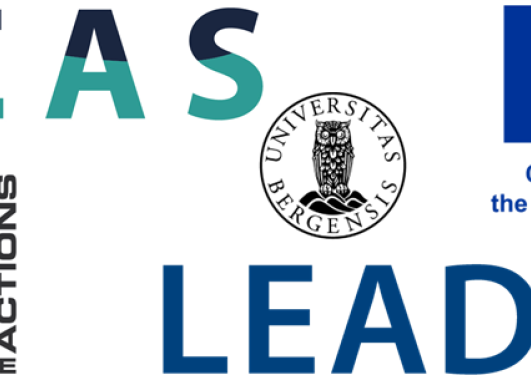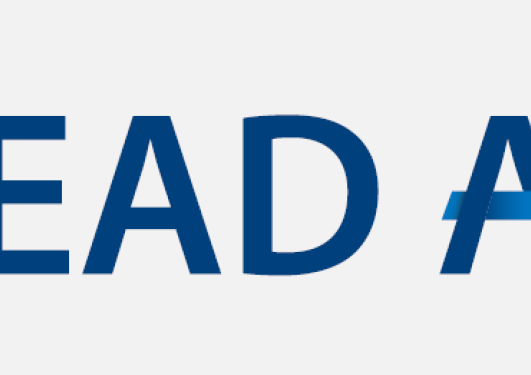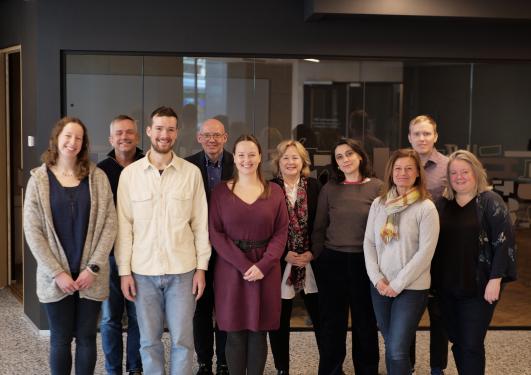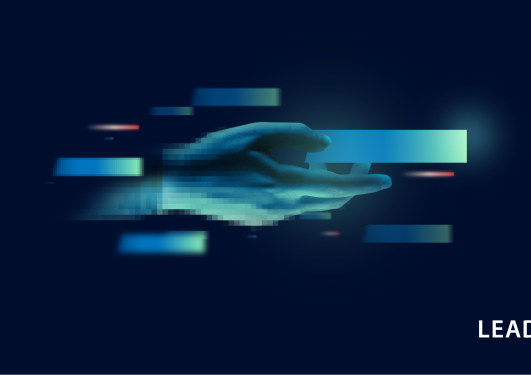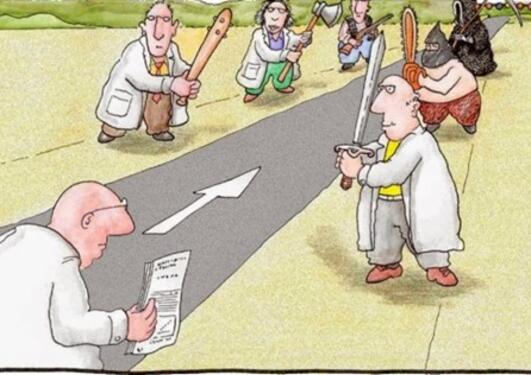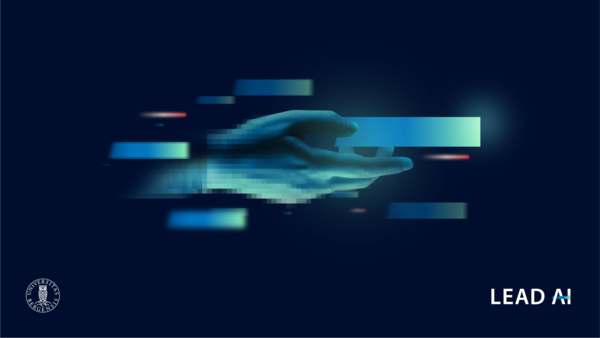
LEAD AI is the University of Bergen's career and mobility fellowship program for training 19 postdoctoral fellows in artificial intelligence.
The research opportunities range from basic AI research for the relevant disciplines to more applied research in the natural sciences and medicine, and issues such as the interaction between AI, people and society with legal and ethical challenges.
The program has received funding from the European Union’s Horizon Europe research and innovation programme under the Marie Skłodowska-Curie Grant Agreement No. 101126560.
LEAD AI call 5 is now open, consisting of 1 position. Please find information and link to the annoncement below.
You find information for applicants in the "For applicants" banner above.
Calendar
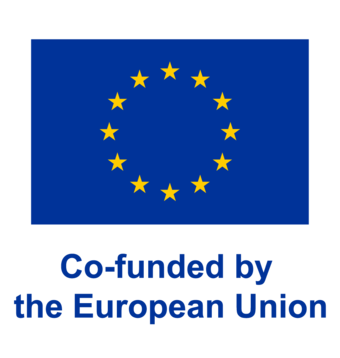
LEAD AI has received funding from the European Union’s Horizon Europe research and innovation programme under the Marie Skłodowska-Curie Grant Agreement No. 101126560. This output reflects only the author’s view and the European Commission cannot be held responsible for any use that may be made of the information contained therein.
